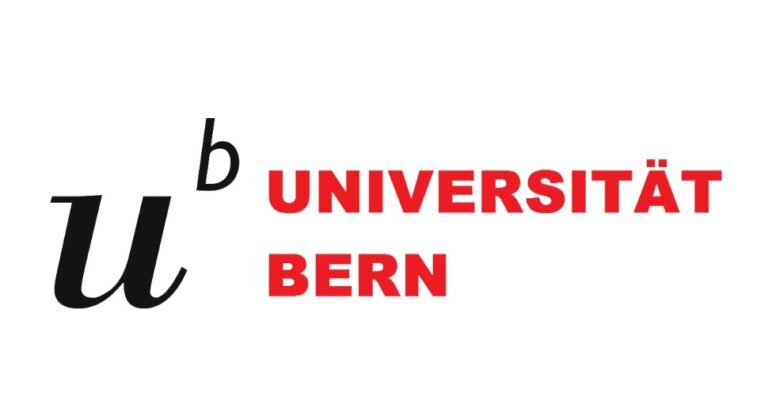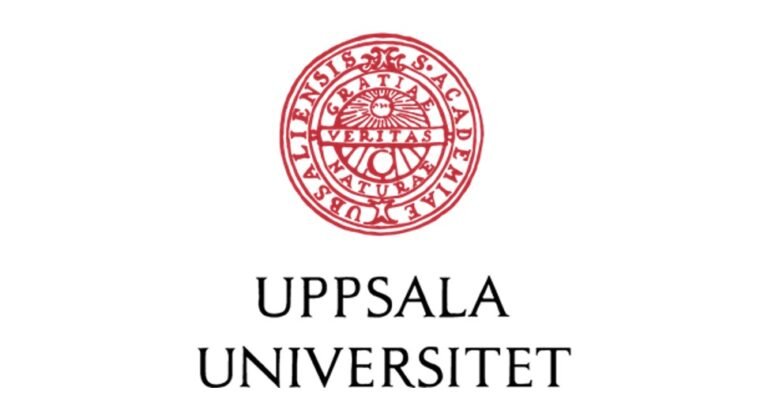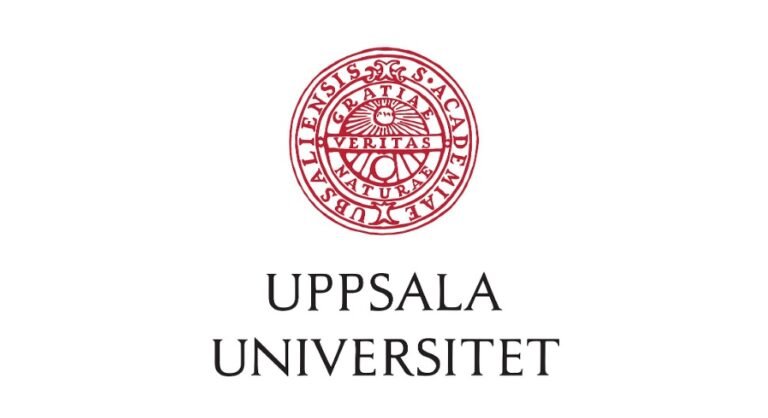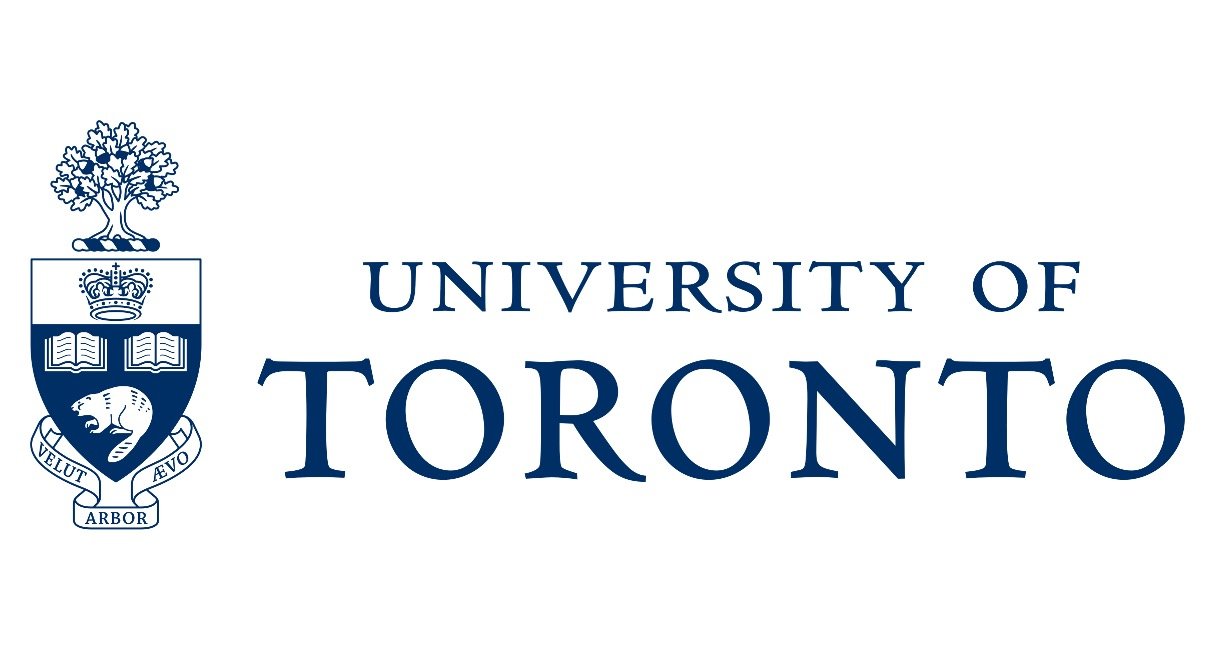The group “Satellite Geodesy” of the Astronomical Institute of the University of Bern (AIUB) offers the position for a Ph.D. Candidate. The focus will be on the determination of time-variable Earth’s gravity fields from real GNSS data of CubeSat constellations and scientific Low Earth Orbiting (LEO) satellite missions.
Today, more and more commercial satellites equipped with dual-frequency GNSS receivers are launched, e.g., from Spire Global, a satellite-powered data company that uses a large, distributed constellation of multi-payload nano-satellites. These satellites have the potential to provide high-temporal-resolution measurements through entire CubeSat constellations, which can mitigate existing data gaps and improve Earth science phenomena by sustained observations with increased spatial and temporal resolution.
The main focus of the Ph.D. position will be on orbit and gravity field recovery using the GNSS data of the zenith-looking antennas of the Spire Global satellite constellation and further scientific LEO missions and the development of optimum combination schemes to improve the re-covery of the very long-wavelength part of the Earth’s time-variable gravity field from normal equations that are based on kinematic positions stemming from satellites at different altitudes and providing GNSS data of inhomogeneous quality.
Education
The candidate is expected to have successfully completed the master thesis (diploma/“Lizentiat”/Master) in astronomy, geodesy, physics, or a related discipline. Experience in orbit and gravity field determination from satellite data is an advantage. Background in computer science (coding in Fortran, C++, Python or Perl) is not a requirement, but beneficial for working on this project. The candidate should speak and write English fluently.
The candidate should start working in Bern on March 01, 2025.
The Ph.D. project is scheduled for four years. The salary follows the guidelines of the Swiss National Science Foundation for Ph.D. positions.
Application
Applications (including CV, university diploma copies, record of study, possible references) should be received as soon as possible but no later than
December 22, 2024 at the following address:
Prof. Dr. Adrian Jäggi
Astronomical Institute
University of Bern
Sidlerstrasse 5
CH-3012 Bern
Phone: +41 31 684 85 96
E-mail: adrian.jaeggi@unibe.ch
Informal information may be obtained at the above address as well.
The University of Bern is an equal opportunity employer and encourages in particular women to apply for open positions.







